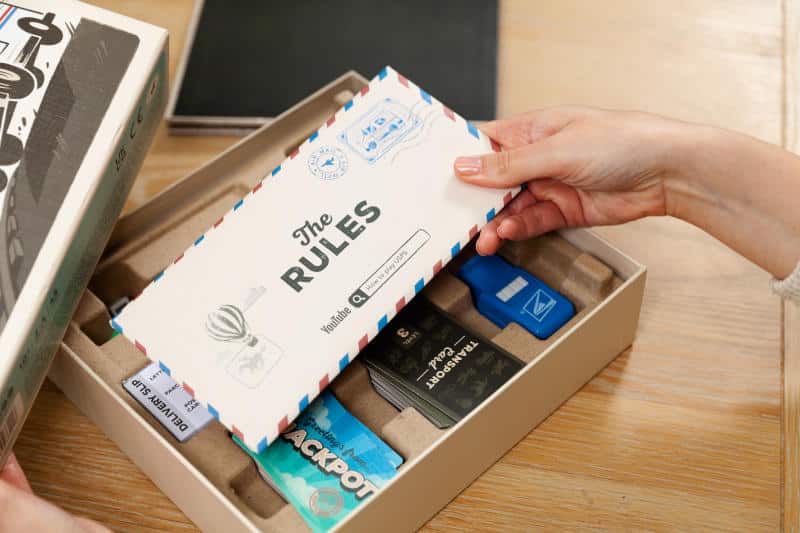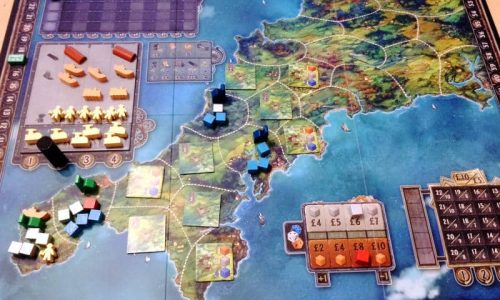
Teaching games – responsibilities as a teacher (Topic Discussion)
- Nelly
- July 14, 2024
- Board Games
Teaching games can be a fun and engaging way to help students learn and retain information. As a teacher, it is important to recognize and fulfill certain responsibilities when incorporating games into your lessons.
One of the key responsibilities as a teacher when teaching games is to ensure that the games align with the learning objectives of the lesson. It is essential to choose games that are relevant to the content being taught and that reinforce the concepts students are expected to learn. This not only helps students understand the material better, but also keeps them engaged and motivated to participate.
Additionally, as a teacher, it is important to establish clear rules and guidelines for the games being played. This helps ensure that the games run smoothly and fairly, and that all students have an equal opportunity to participate and succeed. Clearly explaining the rules and expectations before starting the game can help prevent misunderstandings and conflicts during gameplay.
Another responsibility as a teacher when teaching games is to create a supportive and inclusive environment for all students. It is important to encourage collaboration and teamwork, and to ensure that all students feel valued and respected during the game. By fostering a positive and inclusive atmosphere, students are more likely to enjoy the game and learn from the experience.
Furthermore, as a teacher, it is important to provide feedback and encouragement to students throughout the game. Offering constructive feedback can help students improve their skills and understanding of the material, while positive reinforcement can motivate students to continue participating and trying their best. By actively engaging with students during the game, teachers can help maximize the learning potential of the activity.
Finally, as a teacher, it is important to reflect on the effectiveness of the games used in the lesson. After the game has been played, it is helpful to assess whether the learning objectives were met, if students were engaged and motivated, and if any adjustments need to be made for future games. By reflecting on the outcomes of the game, teachers can continuously improve their teaching strategies and enhance the educational experience for their students.
In conclusion, teaching games can be a valuable tool for enhancing student learning and engagement in the classroom. By fulfilling responsibilities such as aligning games with learning objectives, establishing clear rules and guidelines, creating a supportive environment, providing feedback, and reflecting on outcomes, teachers can effectively incorporate games into their lessons and help students succeed.




